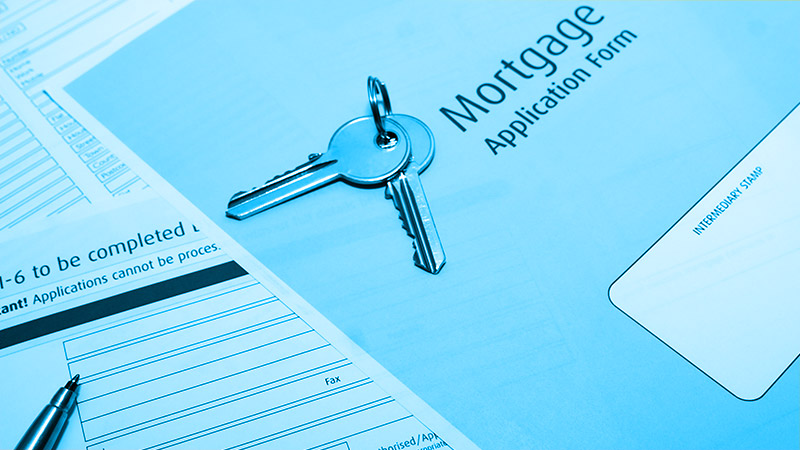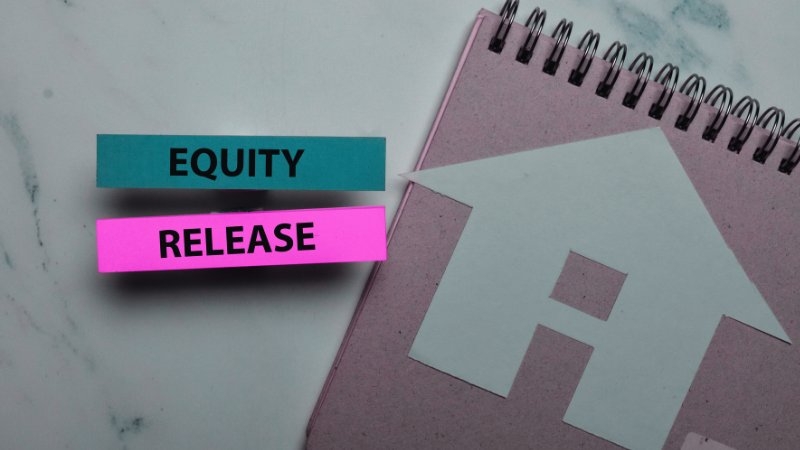Unfortunately, even after receiving a mortgage in principle, a mortgage application could be declined at a later stage of the process.
In this post, we will discuss the many reasons that could lead to a mortgage application being declined, including those linked to affordability.
Reasons Why a Mortgage Could be Declined
Over recent years, following a mortgage market review, the lending criteria has been tightened and therefore there has been an increasing trend of mortgage applications being declined due to affordability.
Even if a lender issues a mortgage in principle, this is not a guarantee that the applicants will pass the rigorous checks that are now undertaken by the lender’s underwriting team.
These checks will include background checks on the applicant’s finances, a thorough review of the applicant’s credit history, as well as checks on the property that will be linked to the mortgage, including surveys confirming the property’s condition and value.
Need more help? Check our quick help guides:
- Reasons why a mortgage could be declined on affordability.
- How reliable is a mortgage in principle?
- How do joint mortgages work?
- Can you get a mortgage on a fixed-term contract?
One lender declining a mortgage application does not mean that it would be the end of the journey to take that first step onto the property ladder or to re-mortgage and move, as another lender may have differing criteria. However, should a mortgage application be declined, it is important to establish the reasons why so that actions can be put into place to rectify the concerns.
There are many reasons why the outcome of affordability checks may not be sufficient for a lender. These often are due to the applicant’s current credit score, their credit history, income levels and the property itself.
Let’s discuss the common issues further below:
• High debts – When reviewing a mortgage applicants credit file, the lender’s underwriting team will be able to assess how much debt the applicant has. Each lender will have their criteria of acceptable debt levels, however, many factors will be reviewed including; the number of credit accounts open as well as the level of current debt versus the total available credit limits. In addition, the percentage of income that would be spent on debt repayments each month would be of interest to the potential lender as this would have an impact on the level of disposable income available to the applicant following all bills being paid.
Related reading:
Lenders will be concerned that an applicant with high debt levels may struggle to keep up the repayments on both the current debts and the new mortgage
• Credit Score and Credit History – A credit report will be requested for the mortgage applicant which will state their current score as well as detailed credit history.
A mortgage lender could decline an application should it find something disclosed on the credit score that it doesn’t like including a County Court Judgement (CCJ), a filed bankruptcy or previous home repossession.
Should there be a history of any of the above within the personal circumstances of someone seeking to obtain a mortgage it would be advisable for them to liaise with a specialised mortgage broker for further advice on lenders who are willing to accept applicants in such a position. The timing of the negative event on an applicant’s credit history will also be key. For example, a CCJ will remain on a credit report for six years following the event.
• Affordability concerns due to high monthly expenditure – As briefly discussed under the high debt concern, a potential lender will review all monthly expenses of an applicant, either by scouring through the bank statements supplied or reviewing the submission of monthly expenses that an applicant was requested to complete for their application.
The expenses themselves may not be the issue, however, the percentage of the disposable income after all the outgoings will be under scrutiny and each lender will set an acceptable level of this against which the applicant will be reviewed against.
Mortgage lenders will also review transactions that may be deemed as irresponsible spendings such as regular gambling or payday loan repayments.
• Mortgage deposit insufficient – The level of deposit required will be known from the beginning of the application process, however, if an applicant’s deposit is later found to be insufficient a mortgage application can be declined.
Also, in some situations, a lender can revise their mortgage offer so that the potential homeowner needs to find a higher level of deposit due to the risk factors involved.
Related guides:
- Mortgage 5 times salary.
- Can you get a mortgage on land?
- Refurbishment mortgages.
- Part and part mortgages.
- HMO mortgages.
Again, this may not be the end of an applicant’s property ownership dreams, they may need to find an alternative approach to funding a property purchase including exploring many of the government schemes that can help fund deposits.
Such schemes change over time by the governments objectives however currently there are quite a few options including:
- Lifetime ISA – A type of savings account that the government will provide a bonus of 25%. The maximum savings to qualify for the bonus is £4,000 a year.
- Help to Buy ISA (No new accounts are available) – Another type of savings account that the government will provide a maximum bonus of £3,000 if the account holder saves £12,000. The bonus depends upon the savings amount.
- Help to Buy equity loan – Another type of borrowing providing up to 40% of the property value as a 5-year interest-free equity loan. Interest is currently payable on the equity loan at 1.75% after the fifth year and 1% plus RPI for every year afterwards.
- Shared Ownership schemes – A staged ownership scheme enabling the applicant to purchase between 25% and 75% of the property initially via a specialised shared ownership mortgage. Following this, further percentages can be purchased as earnings increase and affordability factors improve over time.
- Salary Concerns – Often high street lenders specifically apply an income multiplier to calculate the total amount of money available to an applicant to borrow. Should this calculation not be sufficient for the property purchase proposed it is likely that a mortgage application would be declined. In this case, it would be highly advisable to seek independent financial advice to see if other options are available such as specialist lenders, who in certain circumstances can offer a higher multiplier.
- Concerns with the Property – Some types of property are not eligible for a mortgage, for example, uninhabitable properties, properties with structural concerns, issues such as damp or invasive weeds, low-value properties or those with a history of flooding
Related guides:
- When was my house built?
- Buying out a sibling from an inherited house
- How long does it take to release mortgage funds?
- Does a valuation mean that a mortgage is approved?
- Mortgage lenders that accept benefits
- Can I extend my interest-only mortgage term?
Reasons Why a Mortgage Could be Declined Summary
Should there be any concerns regarding mortgage affordability or if the mortgage application has been declined due to affordability criteria, it would be worth seeking specialised financial advice to discuss other options available.
There are now more methods of purchasing property than ever before, including government schemes and mortgage products and therefore one lender’s decision to decline an application will usually not have to be the end of a property ownership journey.
Call us today on 03330 90 60 30 or contact us. One of our advisors can talk through all of your options with you.
Further reading:
















